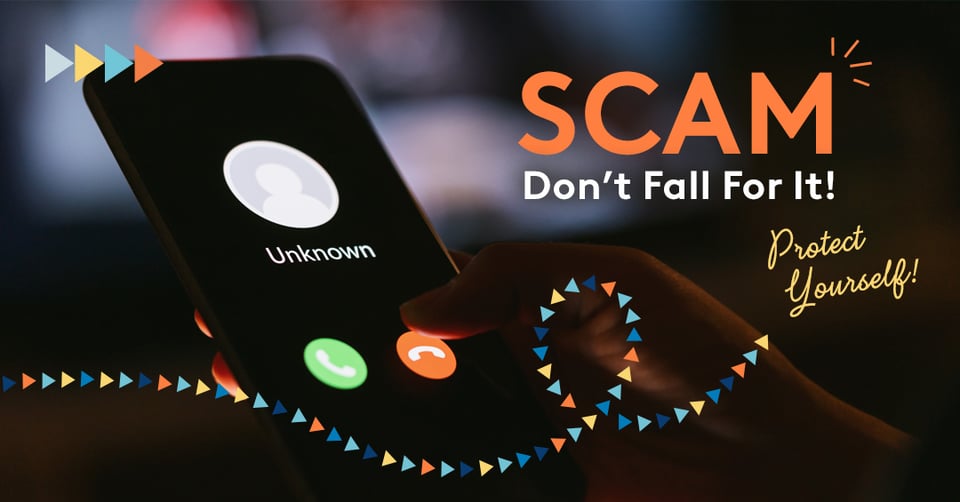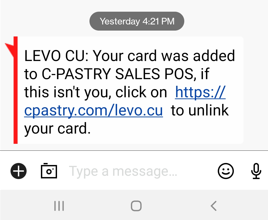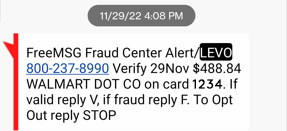
Scam Alert
A new scam is trying to get your home banking user name and password for the purpose of transferring money from your account. It’s targeting people across the country – including Levo members - and we want to protect you.
Here’s how it works:
- A scammer spoofs the phone number of your bank or credit union and calls you so that it looks like it comes from your financial institution.
- The caller states your home address for verification, then says there is suspicious activity on your debit card that caused your transactions to be blocked and a card to be reordered.
- The scammer then asks for your home banking user name and password for additional verification.
- Once the scammer gets that verification, they are able to make a person to person payment of up to $750 from your account.
Please don’t fall victim to this scam!
|
Here are six ways to protect yourself from common scams:
|
|
Scam text that is NOT from Levo:
Example of a text from Levo:
|

 605-334-2471
605-334-2471




